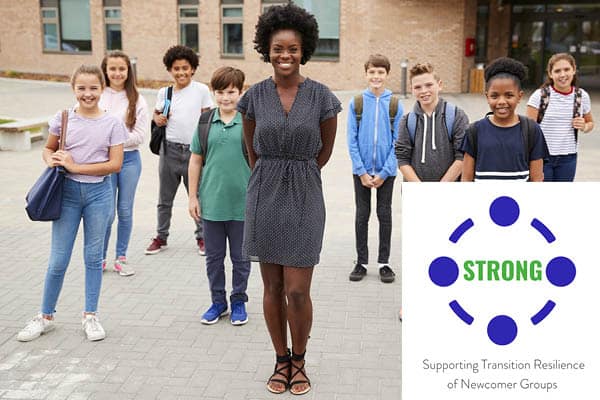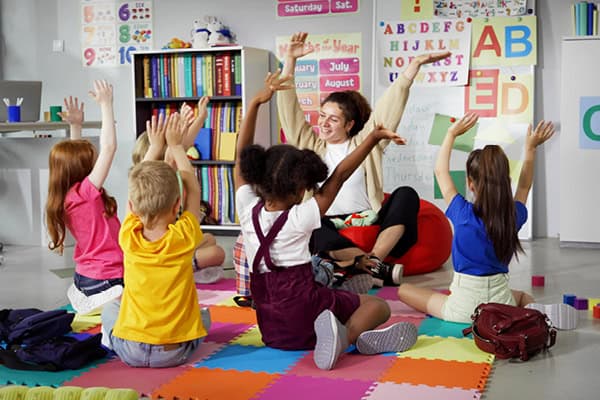When thousands of Syrian families fleeing violence resettled in Canada several years ago, Ontario’s school mental health agency wanted to give schools tools to help refugee children process their traumatic journeys and adjust to their new lives, according to Chalkbeat Colorado.
Kids were bursting into tears and struggling to explain how they felt. Parents, too, noticed their usually social children had become more withdrawn and were struggling to make friends. That was especially common after kids had been in Canada for a few months and the honeymoon period ended.
A team of experts in child mental health developed a program for newcomers that focuses on their strengths and who they can turn to for support. Known as STRONG, the program is now used across the U.S. in several cities including Chicago, Boston, Seattle, New York, Minneapolis, Washington, D.C., and Little Rock, Arkansas. Many others are asking for training, as schools struggle to meet the needs of students who’ve been through difficult journeys with limited school mental health staff, and even fewer bilingual ones.
STRONG stands for Supporting Transition Resilience of Newcomer Groups. Many experts, educators, and students themselves see the intervention as a tool to help newcomers forge connections and head off mental health struggles before they turn into a crisis.
Newcomer students can be refugees or asylum-seekers or the children of undocumented immigrants. Some arrive with families, some arrive alone. Some have been in the U.S. for just a few days or weeks, while others have been here longer.
It can be difficult for newcomer families to access mental health services in the U.S. — driving home the importance of offering help at school. There’s often a stigma around seeking treatment, and some families fear that doing so could put them at risk for deportation.
Here’s how STRONG typically works: The school identifies a group of students who are close in age and relatively new to the U.S. who could benefit from extra support. Then the school makes sure parents are on board.
The group meets for 10 sessions, usually during the school day. Early sessions help students understand that it’s normal to feel overwhelmed or stressed sometimes. Kids learn different relaxation techniques.
In later sessions, they learn coping and problem-solving skills, such as how to map out steps to achieve a goal. Kids who are shy about speaking English could identify people they’d feel safe practicing with.
Given that mental health professionals are often stretched or in short supply, more schools are asking for others to be trained, too, said Sharon Hoover, a psychiatry professor at the University of Maryland’s School of Medicine who helped create STRONG.
Now, many schools run STRONG sessions with two adults. A teacher with language or cultural skills can act as the interpreter, while the staffer with mental health training takes on tasks such as screening children for post-traumatic stress.
“The coping skills [are] what will stay with you forever,” one Ontario student told Canadian researchers for a 2019 report. “Whenever you are in a stressful situation, you will always remember what to do.”
What makes STRONG unique and appealing to many schools, said Colleen Cicchetti, a pediatric psychologist who helped develop the intervention, is that it takes a strengths-based approach.
“There were strengths that were inside you that you had in your home country that are still with you, here, today — how do we build on them?” said Cicchetti, who directs the Center for Childhood Resilience at Lurie Children’s Hospital of Chicago and now trains schools on how to use STRONG. “We really want young people and their parents to say: ‘This is a part of who I am and what I’ve experienced, but it shouldn’t define who I am entirely.’”
For Jennifer Moorhouse, a teacher who works with English learners at Brighton Park Elementary School in Chicago, STRONG has been transformative for her and her students.
“The students really have created this bond with Ms. Moorhouse — that’s their person,” said Cecilia Mendoza, the assistant principal. “Every student needs someone. For someone new entering the country, entering a new school, having someone is even more important.”
Chalkbeat Colorado






